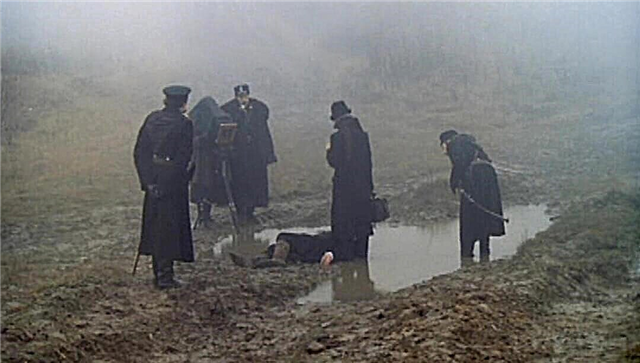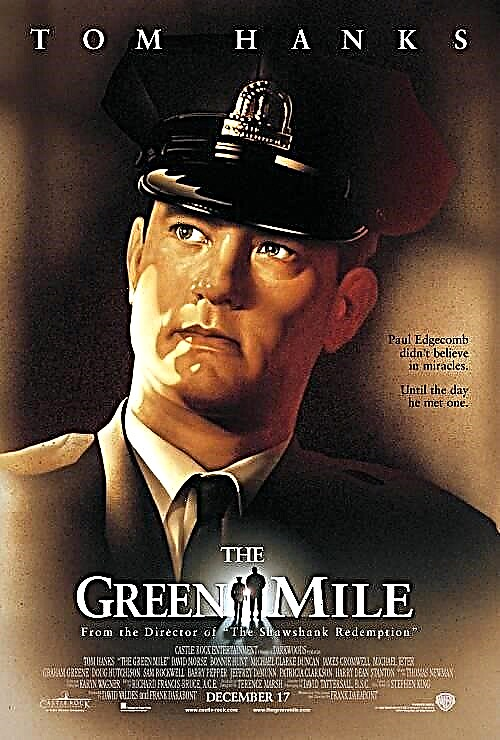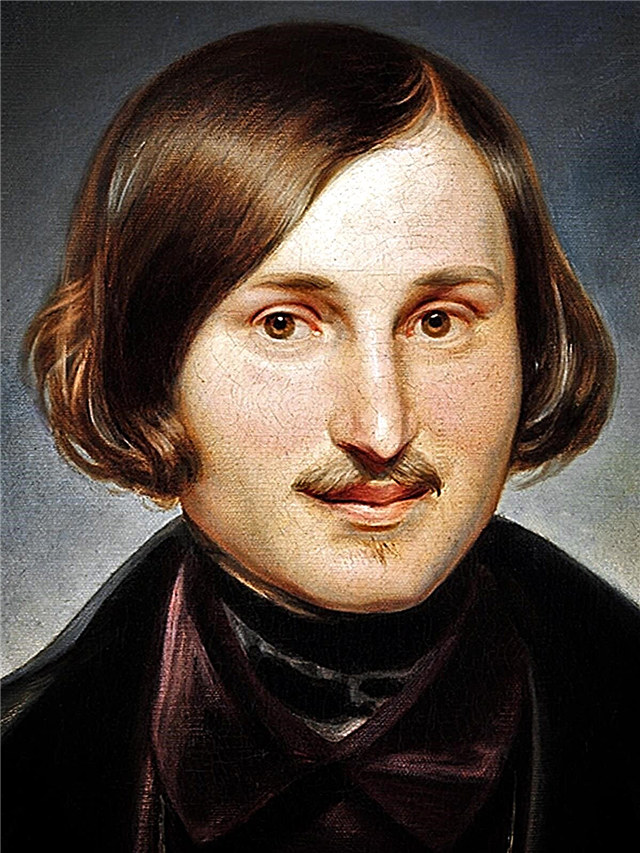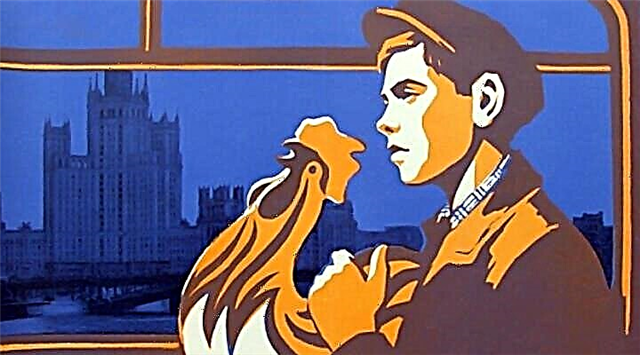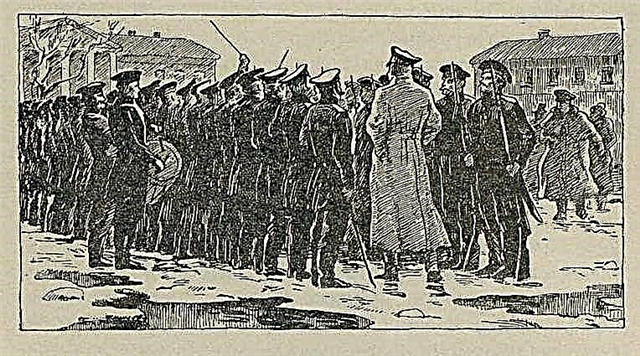(266 words) Poem N.V. Gogol's "Dead Souls" is a work in which problems are collected, getting rid of which, according to the author, Russia will take the path of moral rebirth. A significant topic in the poem is the description of peasant Russia with its traditions, features and vices.
Basically, the peasants in the work of N.V. Gogol is presented in an ironic aspect. For example, Chichikov's servants are Selifan and Petrush. The writer emphasizes Petrusha’s love for books, while noting that the peasant does not like the content of the works, but the reading process itself. Selifan likes to think and talk, but his only listeners are horses. Gogol also revealed this topic on the example of peasants belonging to the landlords. For example, the serfs of Manilov are almost always in a drunken state and are ready to deceive for the sake of profit. Gogol is unpleasant to mention these aspects of peasant life, but, unfortunately, they are also an integral part of the life and customs of Russia. But nevertheless, it is on ordinary serfs that the author has hopes for the salvation of Russia. Not for nothing that the “bird-three” according to the plot of the poem is collected by a simple seasoned man. N.V. Gogol, thus, notes the talent, industriousness and perseverance of the serfs, confirming this with the phrase of Sobakevich: "Peasants, that the nut is nut, everything is in order." For example, the fame of the coachman Mikheev spread throughout all the provinces, and the author calls his bricks a real work of art. Or, for example, Stepan Cork had an extraordinary peasant power - he could even serve in the guard.
Summing up, we can say that the image of peasant Russia in the poem of N.V. Gogol has a significant place: the writer, not hiding the corrupting vices of serfs, places his hope in them, on ordinary Russian people. The author believes that only strong, creatively gifted and brave peasants are able to revive Russia, who work daily and do not live on everything ready, like unbridled and lazy landowners.

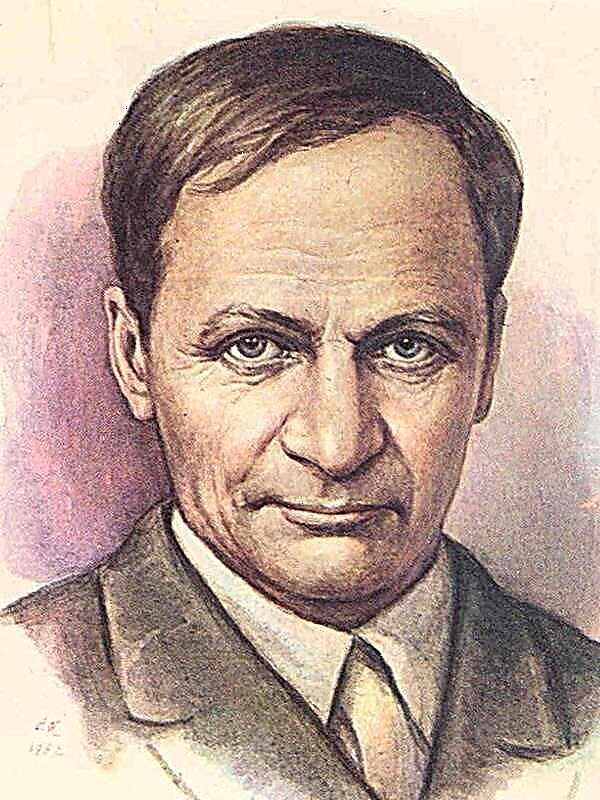

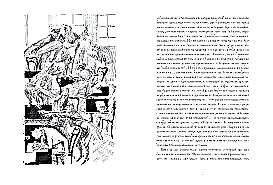
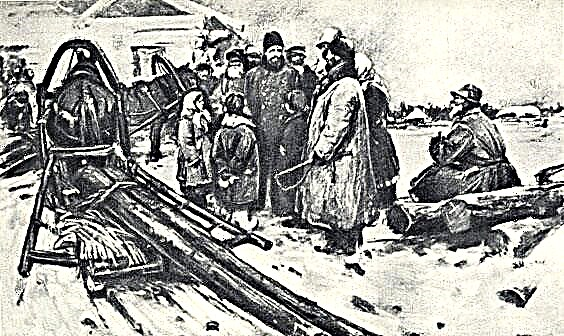
 The Last of the Mohicans
The Last of the Mohicans